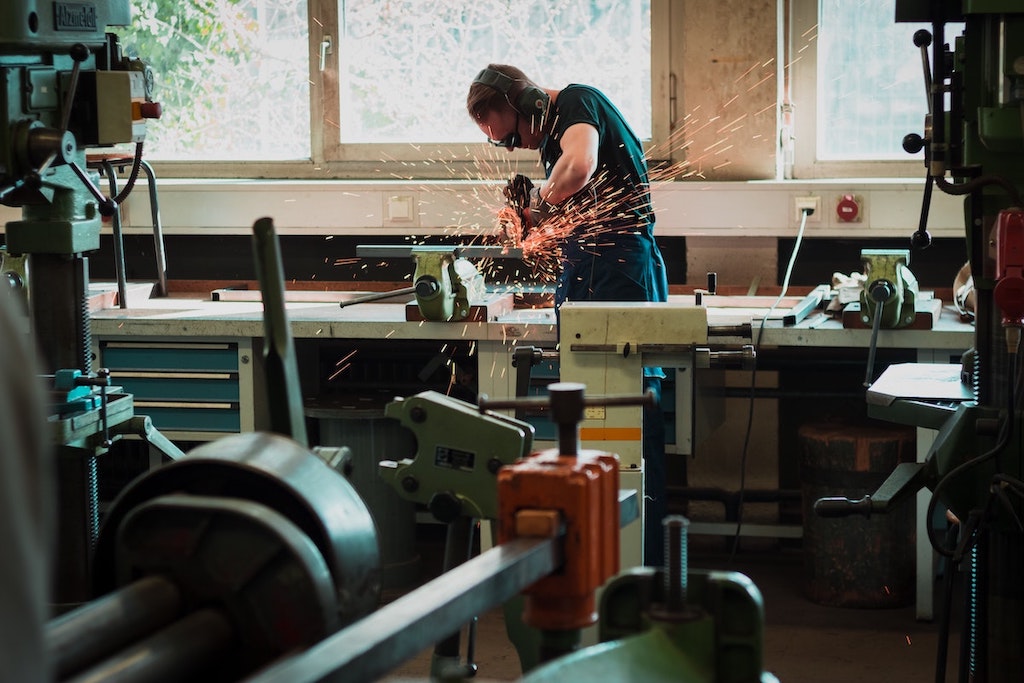A skilled trade is a job which requires specialist knowledge and skills obtained through training at a college, technical school and sometimes an apprenticeship. There are many types of skilled trades but there are some that are in shorter supply than others, especially in our cities. Each year there are fewer and fewer people taking up the industrial skilled trades which has led to a serious shortage of workers. Soon enough this will have an impact on the economic growth of our cities. If you are looking for a career which will provide ongoing stability and growth, here are 5 industrial trades to consider training in.
01. Welders
A welder is a skilled tradesperson who fuses metal together to create structures or to fix holes or imperfections in metal. They can work on a variety of structures including ships, vehicles, bridges, pipes and buildings. Welders can work indoors or outdoors depending on the project. They are sometimes called upon to lift heavy objects and need to have a good knowledge of various machinery, tools and computers. Welders should have great attention to detail with excellent hand-eye coordination to enable them to work with intricate pieces of metal.
02. CNC Machinist
A CNC (computer numerically controlled) machinist usually works primarily with metal but can also work with composites, plastic or wood. They use mathematics, computer skills, electronics, engineering principles and knowledge of various tools and other machinery to create precise parts for a wide range of industries. CNC machinists tend to work in a workshop environment either independently or as part of a team.
03. CNC Machine Tool Programmers
While CNC machinists are more involved in the practical side of CNC production, a CNC machine tool programmer is usually office-based and works with technical drawings and computers. Like CNC machinists the tool programmers need to have excellent knowledge of the machinery and mathematics as well as some knowledge of computers. Problem solving skills and the ability to recognize patterns are essential skills as tool programmers need to be able to design a solution for clients which overcomes a problem.
Click here for more information on careers in CNC machinery.
04. Tool and Die Makers
A tool and die maker sets up computer or mechanically controlled machinery to create instruments, tools and dies out of metal or plastic. They tend to work on either a factory floor or in a workshop. Tool and die makers might work on motor vehicles, aircraft, forgings and stamping, machinery and other tools. They need to have excellent skills in mathematics and be able to understand complex machinery and technical blueprints, specifications, sketches and computer-aided design (CAD) or computer-aided manufacturing (CAM) files. During their work they might also have to set up, use and deconstruct CNC machine tools, inspect and test completed dies and tools for defects, smooth dies with lathe polishing tools and file or grind parts so that they fit together.
05. Industrial Machinery Mechanics
Industrial machinery mechanics typically work in factories where they are responsible for maintaining and fixing essential machinery. When machines are malfunctioning a company can lose a lot of money and fail to meet client expectations so mechanics are absolutely essential. Mechanics should be very comfortable working with machinery, have good reactions, dexterity and basic knowledge of engineering.










